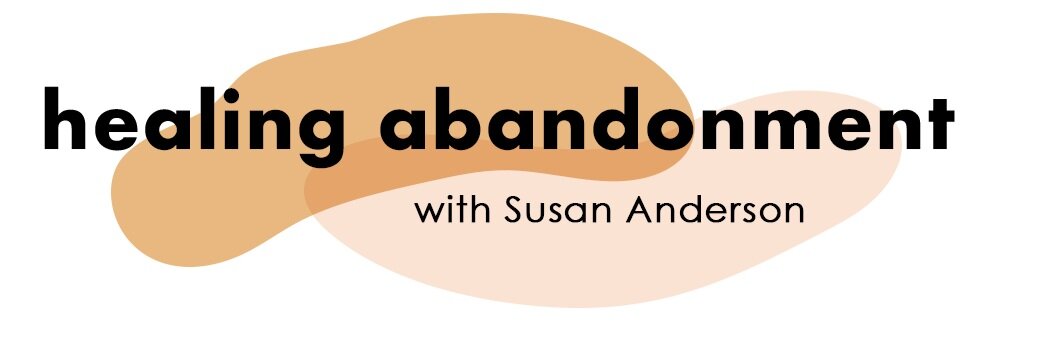In Love With Someone Who’s Married? The Agony and the Ecstacy
First comes the ecstasy: You’re consumed with passion, love, longing, nothing ever hurt so good before. You’re both hot to the touch! Then slowly, the agony sets in. Things start to get unbalanced.
The agony is worse for you if your lover is more married than you are. In other words, they have no intention of leaving their marriage, whereas you could see yourself breaking free of your spouse. The disparity can be even greater if you are not married at all, but single, and your partner is the married one: Here’s a typical progression:
If your lover is ‘more married’ than you are, it places you ultimately at an emotional disadvantage: Your lover has a full life – even a desirable life style – perhaps consisting of a caring spouse, childrearing activities, family gatherings, long-standing coupled friends, holiday traditions, etc.– while you are still seeking a partner with whom to build such a life style.
When they go off on a family vacation with their spouse, you’re left behind, which triggers powerful abandonment feelings.
The reason you’re not “together” is not because of you, since you’re available; it’s because of them. They are in control.
Since you are available, they have easy access to you, while you have restricted access to them, so you’re constantly in the ‘abandoned’ position.
The inequity creates a push/pull dynamic in the relationship, causing you to feel more needy and desperate than you’d usually feel.
Their emotional unavailability induces feelings of longing and emotional hunger in you. You have intrusive thoughts of your lover during the day, affecting your quality of life.
When their spouse pressures them for more love, more sex, presence, it can affect they way they act toward you in ways that make you feel ‘on the side.’
Even if they initially thought they would leave their spouse, they begin to have second thoughts about leaving as they begin to consider the reality of what it would cost them both emotionally and materially.
Guilt about abandoning their spouse interferes in expressing their love feelings toward you. They become emotionally confused, which unplugs them from you. You agonize over their change of heart.
They may even have already realized they’re not going to leave their spouse but have not told you this face, in order to “protect you” from disappointment (or to keep you on a string).
As their doubts and guilt increase, your sense of neediness and desperation do also. As you become more clingy and demanding, they pull away more.
In order to hold onto them, you lower your sense of entitlement, learning to accept chronic abandonment feelings as part of the relationship, as a way of life.
You find yourself groveling for crumbs, where you once had felt like the most desired object in their lives.
How to turn this around:
Take complete responsibility for the position you are in.
Take it on as an emotional challenge – an opportunity for growth – and to resolve your underlying abandonment wounds from past or present losses.
Engage in the tools of abandonment recovery to strengthen your emotional self reliance, promote healing, and gain forward movement in your life.
Recognize that it is not your lover’s responsibility to restore your sense of security.
Only you can resolve this problem.
Consider what changes you need to make in your life to ensure your own wellbeing.
Stop rationalizing. Be honest with yourself. Do you need to make internal changes? Redefine the relationship or end it?
Recognize that making changes both large and small involve hard work. You’re not going to think your way out of this problem; you are going to do your way out.
Create a daily regimen of growth and change. Commit to follow it.
In preparation for larger changes, make small positive steps every day – activities that improve the quality of your life and help you actualize your capacity for emotional independence.
Gather support from others – i.e. abandonment group members, friends, sponsors, professionals – to keep you inspired, on task, and help you stay unstuck.
PS: I have created a series of videos that take you step-by-step through the 5 Akēru exercises and other life-changing insights of the Abandonment Recovery Program.
Whether you’re experiencing a recent break-up, a lingering wound from childhood, or struggling to form a lasting relationship, the program will enlighten you, restore your sense of self, and increase your capacity for love and connection.
